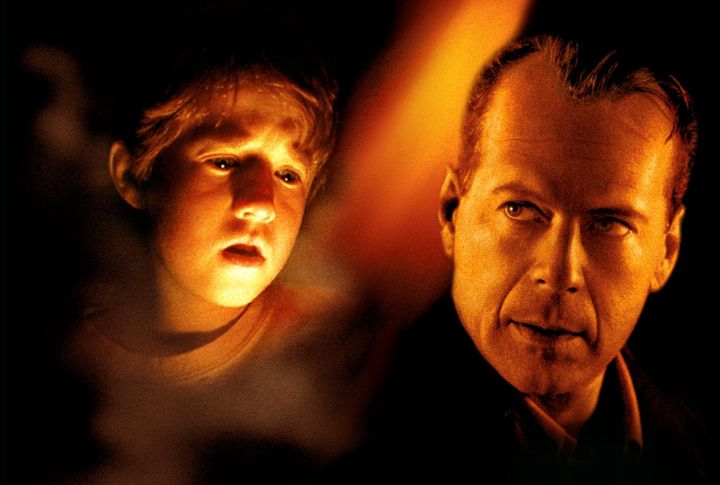
The art of the plot twist thrives on the audience’s gasp, a moment where the world you thought you understood crumbles. But sometimes, the twist lands with a dull thud rather than a satisfying bang. This list delves into 15 films where the surprise ending feels unearned, illogical, or downright nonsensical.
The Departed (2006)
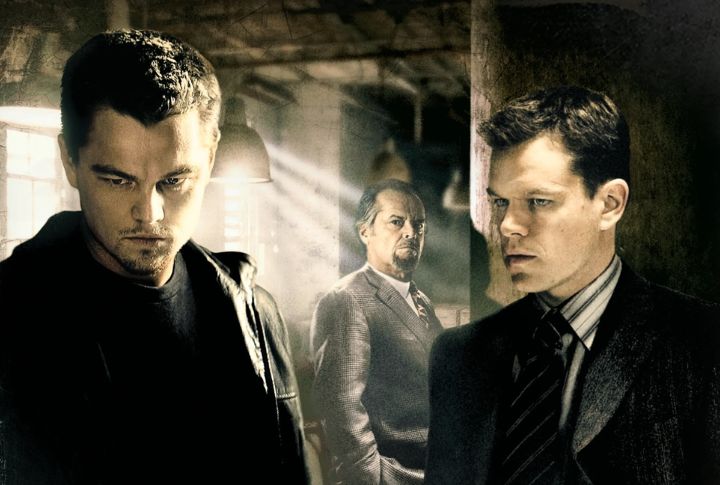
This Scorsese masterpiece is generally acclaimed, but the ending’s twist regarding the true identities of the undercover cops has drawn criticism. While suspenseful, the sudden reveal of who lives and who dies feels somewhat arbitrary and undermines the character development throughout the film.
The Village (2004)

M. Night Shyamalan is famous for plot twists, but The Village was a misstep. The twist—that the village exists in modern times rather than the 19th century—felt forced. Instead of enhancing the story, it undermined the film’s eerie atmosphere. Viewers were left questioning the logistics and motivations behind the elaborate ruse, significantly diminishing the film’s impact.
Remember Me (2010)
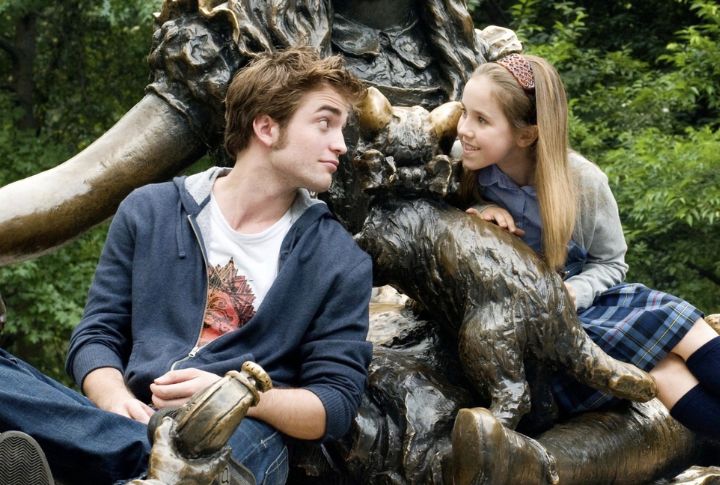
Remember Me aimed to be a poignant drama but ultimately stirred controversy. The film’s conclusion features a shocking twist: the protagonist dies in the 9/11 attacks. Unfortunately, the abrupt ending felt exploitative, using a real tragedy merely for shock value. Audiences were justifiably critical of this insensitive narrative choice.
Now You See Me (2013)
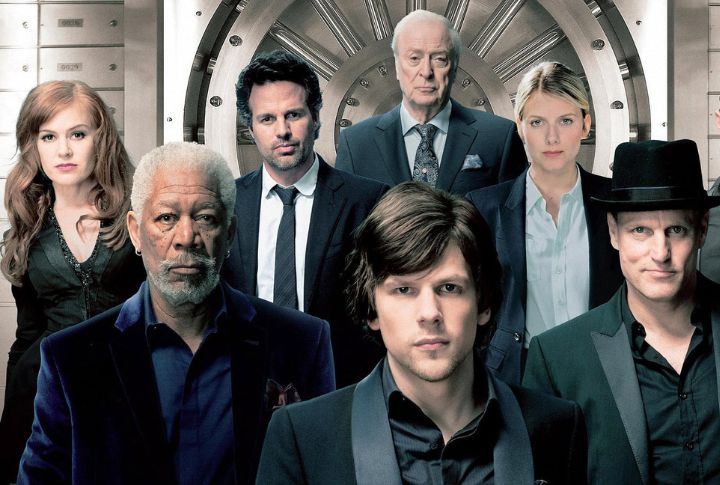
While Now You See Me dazzled with its magic tricks, its final twist was a letdown. The revelation that the FBI agent was the mastermind all along was implausible. This twist relied heavily on coincidence and lacked proper buildup. Instead of a clever conclusion, it felt more like a cop-out.
The Number 23 (2007)

Jim Carrey’s foray into the realm of psychological thrillers took a stumble with The Number 23, primarily due to its convolution. The plot twist unveiled that Carrey’s character was the book’s author, a revelation that led to his descent into madness. Weirdly, this self-referential loop, rather than coming across as clever, veered more towards confusion. It seemed like an unnecessarily overcomplicated method of tying up the narrative.
The Others (2001)
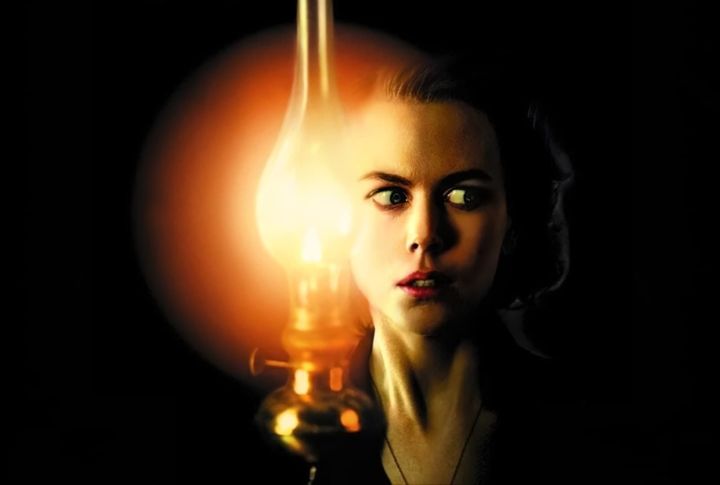
Nicole Kidman delivers a chilling performance in this gothic ghost story. The twist? She and her photosensitive children are actually dead, haunting the very house they believe is occupied by ghosts. While some find it poetic, others find it a downer ending that overshadows the film’s atmosphere.
The Book of Eli (2010)

In the post-apocalyptic thriller “The Book of Eli,” Eli’s trek across a ravaged world held promise. Yet, the big reveal that he was blind all along fell flat. While intended to be a thought-provoking twist, it clashed with scenes where Eli seemed to rely on sight. This contradiction broke the film’s believability and exposed its weaknesses instead of enriching the story.
Secret Window (2004)

An adaptation of a Stephen King novella, Secret Window, boasted a twist ending that ultimately disappointed. Initially presented as the protagonist, Johnny Depp’s character was revealed to be the villain – a disclosure that felt tired and uninspired. The trope of a character harboring a split personality has been used countless times before, offering nothing new to the film’s plot.
High Tension (2003)
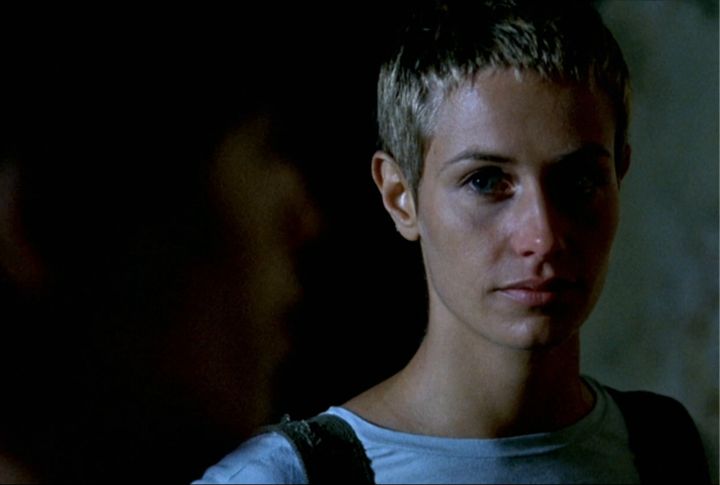
High Tension hooks viewers with a suspenseful start, but its grip loosens as the story progresses. The big reveal was that the hero we’ve been rooting for is the villain, which feels like a forced attempt to shock rather than a natural plot progression. This twist creates inconsistencies with what we’ve seen before, leaving gaps in the narrative logic.
The Life of David Gale (2003)
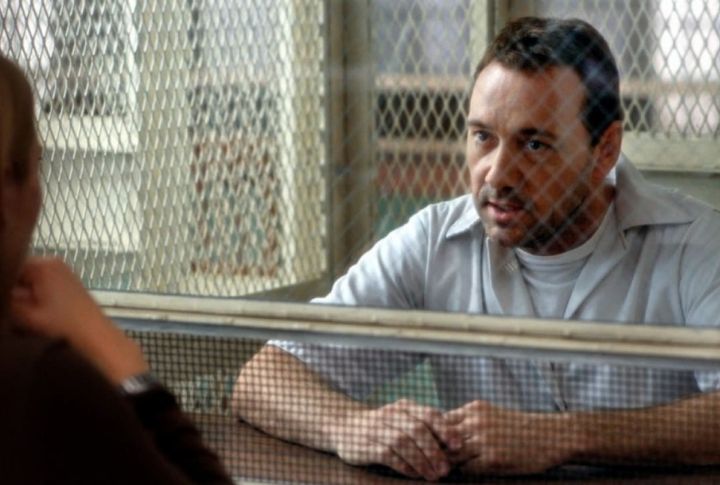
The Life of David Gale aims to stir thought but ultimately falls short with its less-than-convincing narrative. The protagonist’s intricate scheme to expose flaws in the death penalty system appears needlessly complex. The revelation that he engineered his demise for a cause strains believability, coming across as manipulative rather than enlightening. Consequently, the film’s intended message gets overshadowed by its improbable unfolding.
The Happening (2008)
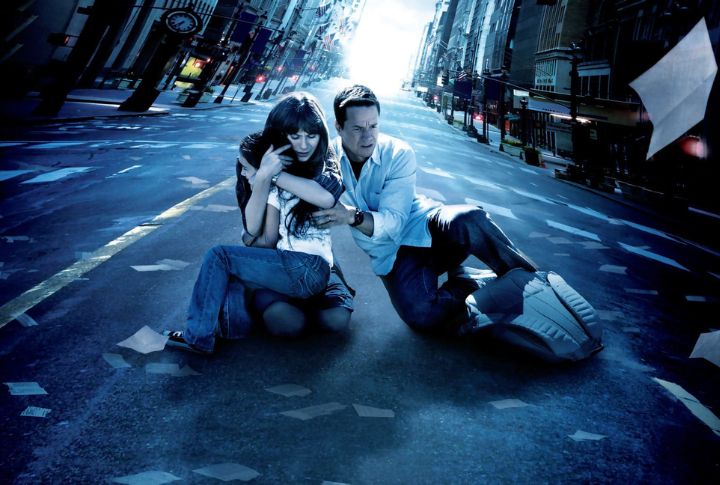
Renowned for his mind-bending twists, M. Night Shyamalan’s The Happening took a bizarre and unconvincing turn that bewildered audiences. What began as a tense exploration of inexplicable mass suicides ultimately revealed a preposterous culprit: plants releasing toxins to defend themselves against humans. This outlandish explanation shattered the film’s serious tone, prompting unintended laughter rather than invoking fear.
Serenity (2019)

Serenity attempted to fuse elements of noir with a meta-narrative, yet its execution left viewers baffled. Unveiling the twist that the film’s unfolding events were embedded within a video game crafted by a grieving child, the storyline took an abrupt leap from thriller to science fiction, creating a disconcerting dissonance. Seamlessly integrating two disparate genres proved elusive, resulting in a narrative disjunction akin to two films awkwardly conjoined.
The Sixth Sense (1999)
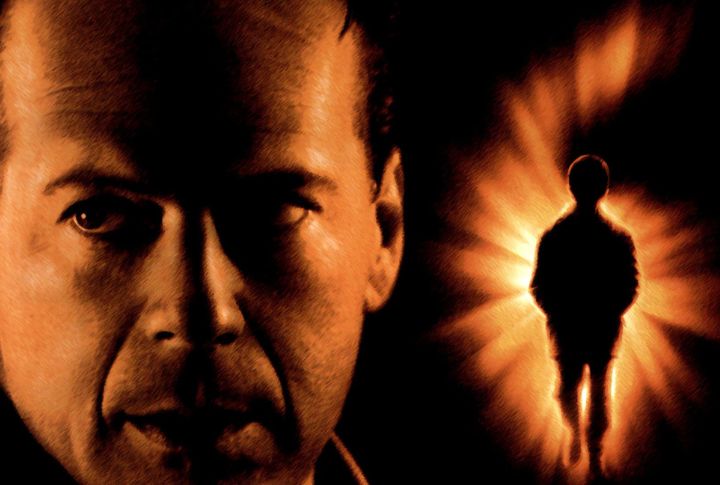
You might be surprised to see this one here, but hear me out. While the twist about Haley Joel Osment’s character is iconic, it crumbles under scrutiny. How did Bruce Willis’ character interact with the physical world for so long? Plot holes galore!
I Know Who Killed Me (2007)

This psychological thriller features an unlikely twist: one twin sister is revealed to be alive, only to shockingly discover that they are the same person with multiple personalities. The convoluted reveal feels forced and unearned.
Orphan (2009)
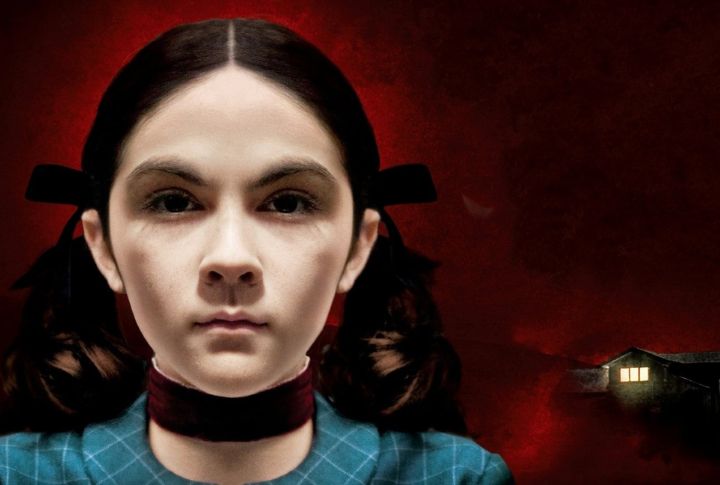
Esther, the seemingly innocent young orphan adopted by a grieving couple, harbors a dark secret. The reveal? She’s a grown woman with a hormonal disorder who has been posing as a child. The twist is outlandish and strains the film’s believability.
The Wicker Man (1973)
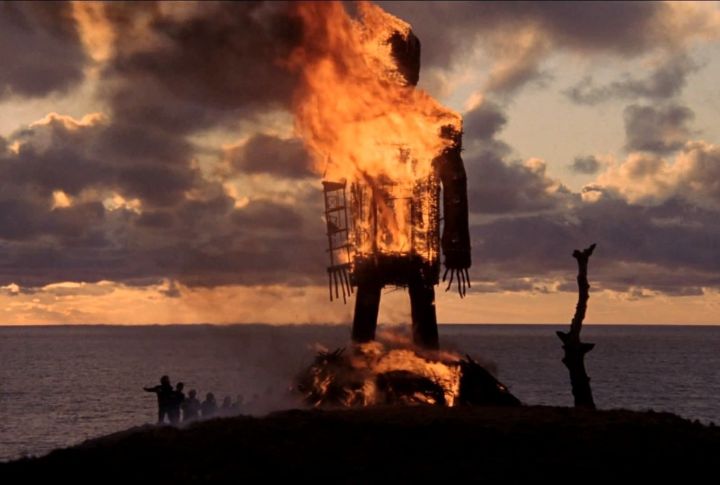
Nicolas Cage’s 2006 remake gets a lot of flak, but the original has an equally perplexing twist. A police officer investigating a missing child arrives on a remote Scottish island only to discover a pagan community practicing human sacrifice—and he’s their chosen offering. The abrupt shift in tone and the underdeveloped cult motivations leave viewers disoriented.
